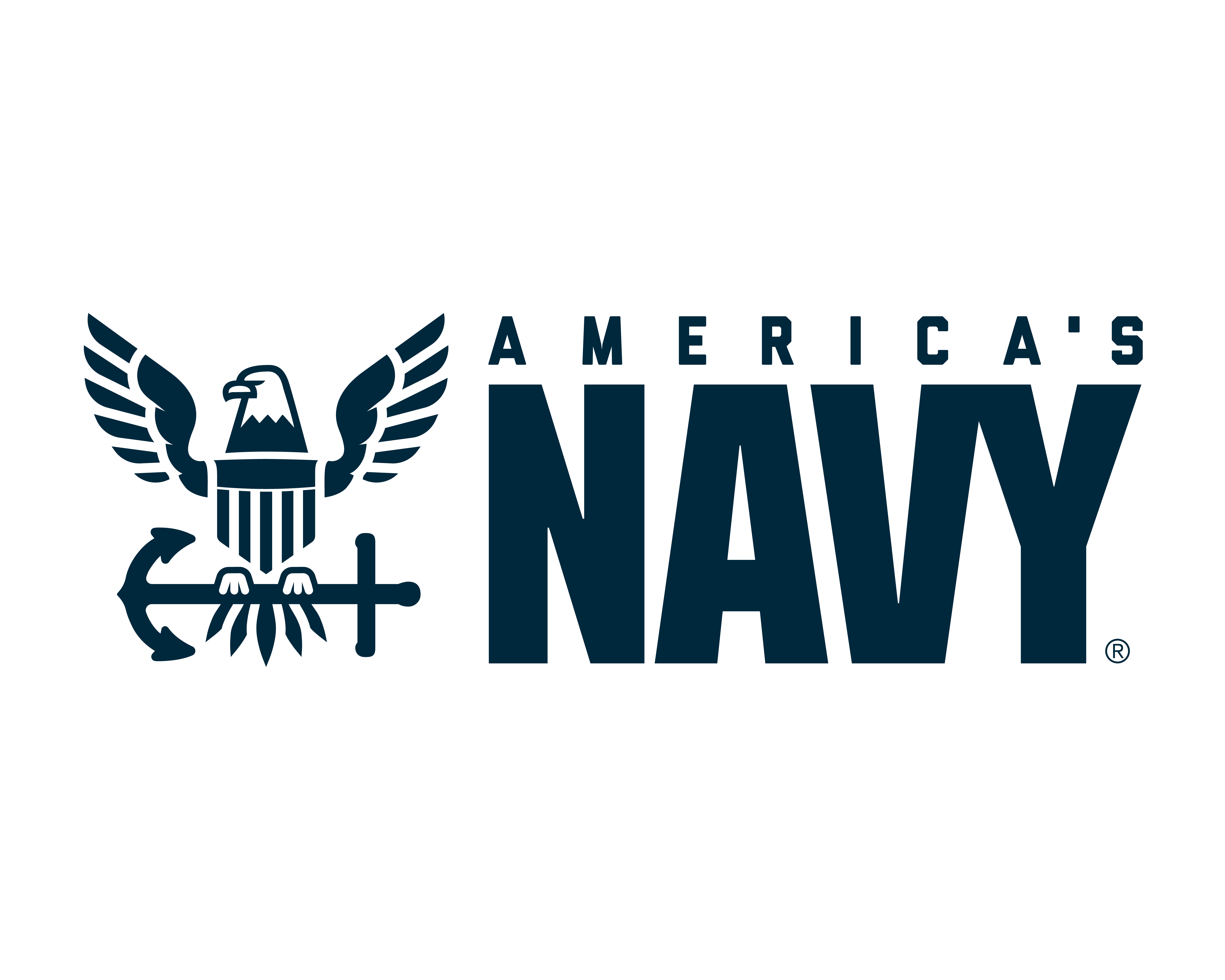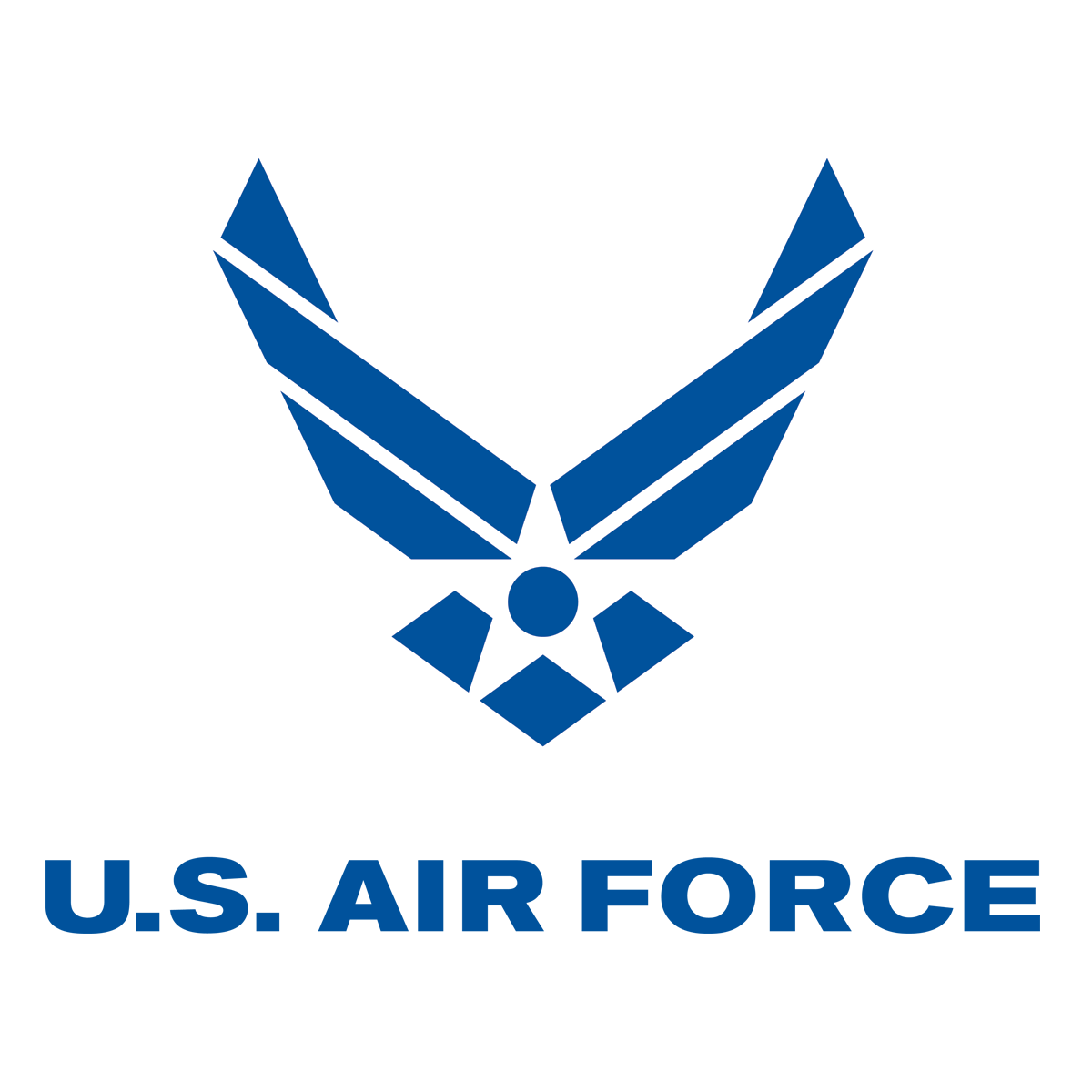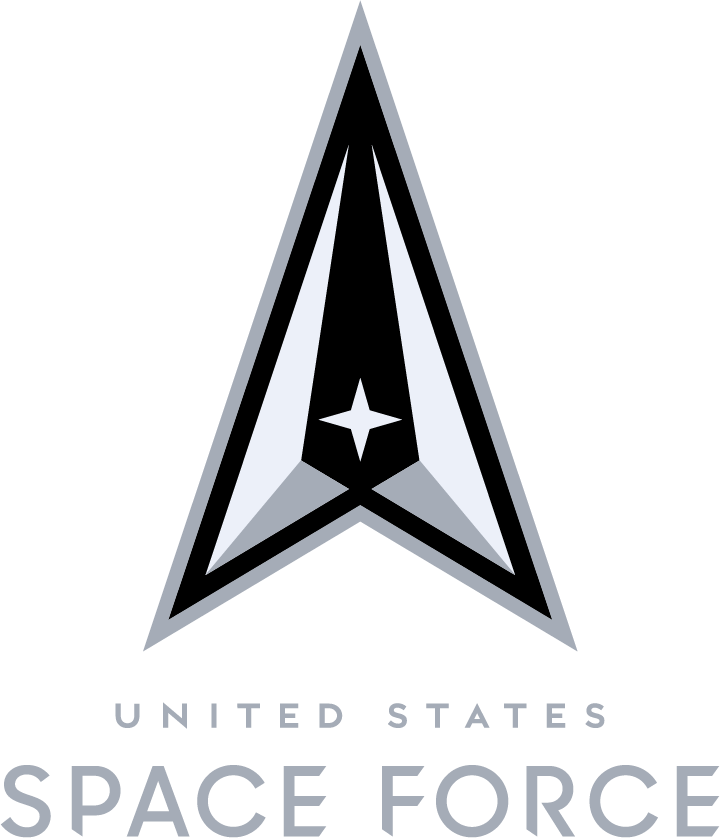Military Interpreters and Translators
Military Career
General Information
Description
Interpreters and translators are responsible for training military personnel in foreign language familiarization and foreign cultural awareness. They perform written translations and they identify, translate, and summarize communications. They utilize foreign language skills, including knowledge of grammar and vocabulary, to collect and analyze intelligence information.
Explore this career outside the MilitaryWork Environment
Interpreters and translators normally work on military bases, aboard ships, or in airplanes.
Workplace at a Glance
What you can expect to experience while on the job
- Responsibility
- Exposure to job hazards
- Physical activity
- Decision making
- Repetitiveness
- Level of competition
- Time pressure
Comparable Industries
- Education & Training
Military Outlook
Service Branches
Jobs in this career field may be available in other service branches. Call or email a particular branch for more info.
Military Status
- Enlisted
- Hands-on/specialized
- High school diploma required
Military Workforce
Interpreters and Translators in the Military
4,862
Salary
Salary Information
Median Military Salary This is the median, or the midpoint, of the salary range for this career.
$79,476
Military Salary Range Salary varies based on years of service, degree level, special pays, family status and location. Learn more about Military benefits.
$27,737 - $263,514
What makes up a Military salary?
Military salaries include a lot more than just base pay.
They also offer:
- Housing allowances
- Subsistence allowances
- Special and incentive pays
- Cost-of-living allowances
- Hazardous-duty pay
- Bonuses
Learn more about what goes into a salary with the compensation estimator
Learn more about military insurance and retirement benefits
Education
Most Common Education Levels
People in this career achieve this level of education.
-
Bachelor's degree 54%
-
Master's degree 27%
-
High school 8%
-
Associate's degree 4%
-
Post-master's certificate 3%
-
Post-secondary certificate 1%
-
Some college 0%
-
Doctoral degree 0%
-
Post baccalaureate 0%
-
Less than high school 0%
-
Post-doctoral training 0%
-
First professional degree 0%
Military training
All enlisted service members complete basic military training, which includes time spent in a classroom and in the field, and covers tactical and survival skills, physical training, military life and customs, and weapons training. Interpreters and translators in the Military will gain skills through classroom study and on-the-job experience. Training length varies depending on specialty; longer training is necessary for specialties that do not require foreign language fluency prior to entry. Job-specific training content may include: Interrogation methodsUse and care of communications equipmentProcedures for preparing reportsCultural awareness
Read MoreSkills at a Glance
Skills helpful in this career
- Verbal skills
- Critical thinking & problem solving
- Equipment operation & maintenance
- Math & science skills
- Technology design & control
- Leadership
Related College Majors
Select major to see colleges that offer it
Knowledge
- English Language
- Foreign Language
- Customer and Personal Service
- Administrative
- Education and Training
Gain insights into your knowledge by using the ASVAB Career Exploration Program
 Army
Army Marine Corps
Marine Corps Navy
Navy Air Force
Air Force Coast Guard
Coast Guard Space Force
Space Force